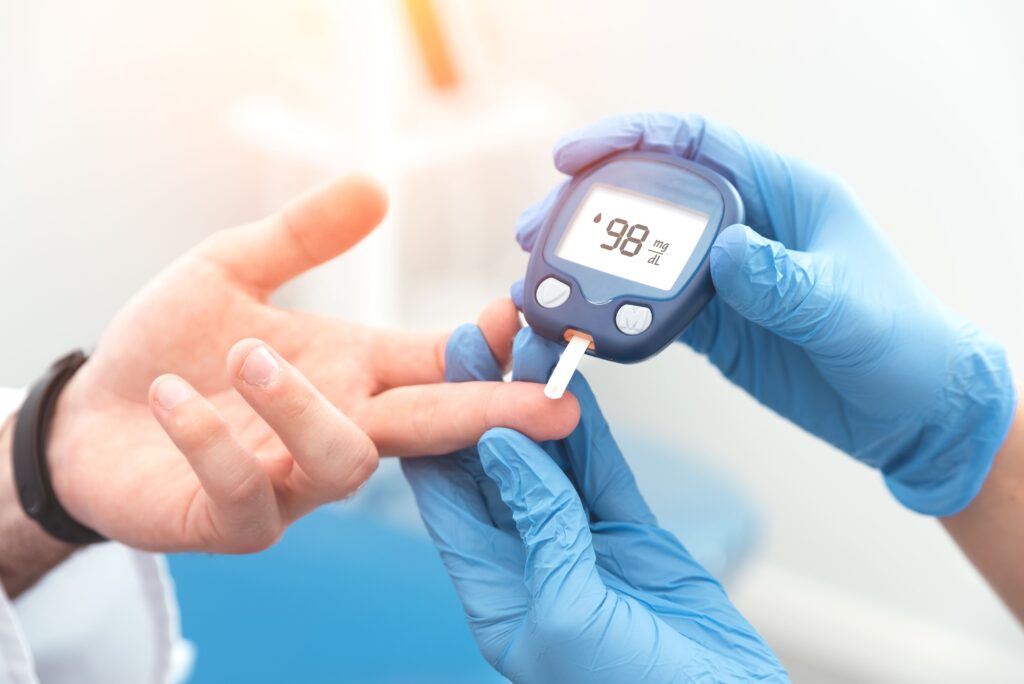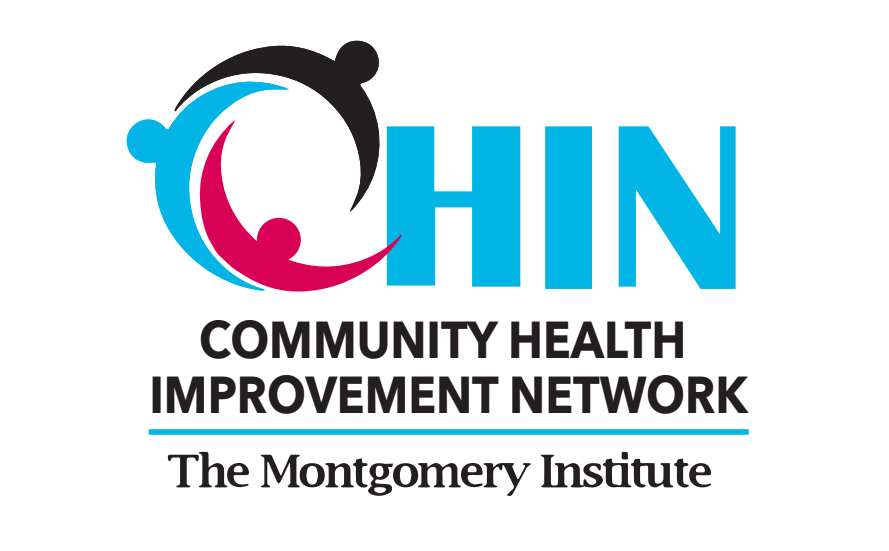
Eli Lilly’s once-weekly insulin formulation, efsitora, has demonstrated comparable efficacy to daily insulin glargine in managing type 2 diabetes, according to findings from the QWINT-1 clinical trial. The study indicates that efsitora may simplify the initiation of insulin therapy for patients who have not previously received such treatment, potentially changing the landscape of diabetes management.
The results, published in the New England Journal of Medicine, reveal that efsitora effectively reduced glycated hemoglobin (HbA1c) levels in insulin-naïve adults over a 52-week period. This fixed-dose regimen could lessen the burden of frequent dose adjustments, which have traditionally been necessary in insulin therapy.
Streamlined Insulin Therapy
In this Phase III trial, 795 participants were enrolled across 71 sites in Argentina, Mexico, and the USA. They underwent a comprehensive study design, consisting of a 3-week screening and lead-in period, followed by 52 weeks of treatment and a subsequent 5-week safety follow-up. The primary endpoint assessed the change in HbA1c from baseline, with key secondary endpoints including fasting blood glucose levels and the insulin dose required.
The results showed that efsitora achieved a reduction in HbA1c from 8.20% to 7.05%, demonstrating noninferiority to glargine. Notably, 76% of participants remained on one of four fixed doses throughout the trial, achieving similar glycemic control with fewer required adjustments.
The trial also indicated a lower incidence of hypoglycemia, with clinically significant events occurring at a rate of 0.50 events per participant-year for efsitora, compared to 0.88 for glargine. These findings suggest a safer alternative for patients initiating insulin therapy.
Long-Term Efficacy and Future Implications
In addition to the QWINT-1 findings, Eli Lilly presented results from the QWINT-3 trial in September 2024. This study compared efsitora to once-daily insulin degludec over a period of 78 weeks in adults already receiving basal insulin. Efsitora reduced HbA1c levels by 0.86%, compared to 0.75% for degludec, reinforcing its potential as a transformative option for diabetes care.
Dr. Jeff Emmick, senior vice president of product development at Eli Lilly, emphasized the significance of this once-weekly insulin. He stated, “Many patients are reluctant to start insulin because of the burden it places on them. With a simple fixed-dose regimen, once-weekly efsitora could make it easier for people with diabetes to start and manage insulin therapy, while reducing the impact it has on their day-to-day lives.”
Efsitora’s promising safety and efficacy profiles across multiple trials indicate potential for broader real-world adoption, supporting future regulatory submissions. As patients and healthcare providers look for more manageable treatment options, efsitora may offer a new pathway in the journey of managing type 2 diabetes effectively.






